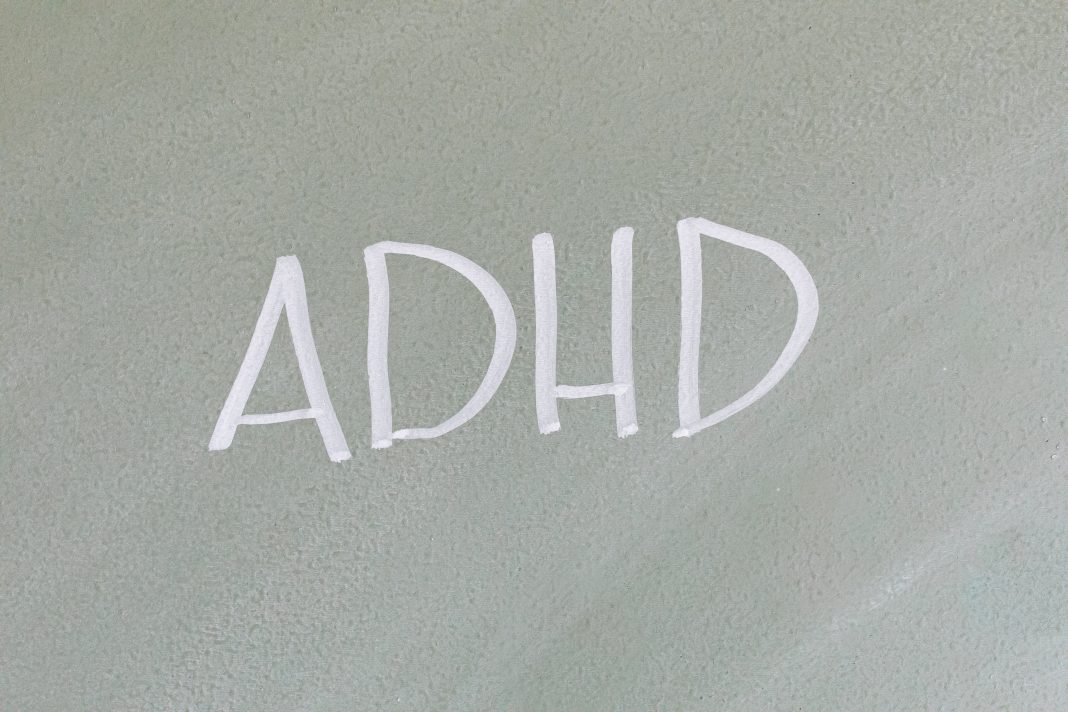What exactly is ADHD? Are there different kinds?
ADHD is one of the most common neurodevelopmental childhood disorders that may persist into adulthood. The disorder involves a relentless pattern of inattention and/or hyperactivity and impulsivity that impede development or functioning.2 The Diagnostic and Statistical Manual of Mental Disorders 4th edition (DSM-4) classified ADHD into three subtypes (inattentive, hyperactivity, and impulsive, or combined) based on symptomatology. However, DSM-5 replaced “subtypes” with “presentation,” emphasizing the changes in clusters of symptoms with age.7
What are some warning signs of ADHD?
Some of the warning signs at a young age include poor concentration and attention, challenges in completing tasks, losing things, disorganization, and being forgetful.
At what age can a child receive a diagnosis?
Conventionally, the ADHD is diagnosed by the age of 12, with the symptoms having lasted at least six months and interfering with a child’s daily life activities, symptoms can linger through adulthood.
What should parents do if they suspect their child may have ADHD?
If you suspect that your child has ADHD, the first course of action should involve booking an appointment with the child’s doctor. The appointment provides an opportunity for parents to talk about the child’s behavior, health, and activities to find whether the symptoms fit the diagnosis.4 Based on the findings, a doctor can refer the child to a psychiatrist or psychologist, if needed.
Who can diagnose a child with ADHD, and what does the evaluation process look like?
Typically, mental health professionals, including psychiatrists, psychologists, and mental health nurses, or primary care providers such as pediatricians can diagnose ADHD. Although challenging, the diagnosis of ADHD depends significantly on the identification of symptoms against DSM-5 criteria. Based on the criteria, children aged 17 years or younger should have six or more of ADHD symptoms.8 The American Academy of Pediatrics (AAP) recommends asking parents, teachers, and other adults about a child’s behavior at home, school, or other settings to establish the diagnosis. The evaluation process involves obtaining comprehensive information about the child’s health, developmental, and behavioral history, assessing family mental and medical health, family functioning, and coping styles, evaluating comorbid disorders, reviewing academic progress, and obtaining standardized behavior rating scale(s).8Clinicians should apply standardized screening tools and rating scales to gather diagnostic data from multiple informants.
Is the school involved in the process of diagnosing?
Schools are among the settings where a child’s behavior related to ADHD can be observed.[1]Teachers apply standardized tools such as the Vanderbilt teacher rating scale on children with suspected ADHD.5 Additionally, mental health professionals or primary care providers rely on information provided by schoolteachers in diagnosing the disorder. Once diagnosed, parents can affect the clinical course and prognosis of ADHD.
What can parents do once they have a diagnoses?
AAP recommends that parents should enroll in appropriate training programs after a diagnosis to help them develop age-appropriate developmental expectations and skills for managing problem behaviors.[2] Additionally, parents should be involved adequately to ensure adherence to recommended treatments.
What causes ADHD? Do genetics or a family history of ADHD play a role?
The actual cause of ADHD involves anomalous neural development that affects neurogenesis, myelination, synaptogenesis, and glial and neuronal proliferation and migration.[3] Studies have identified at least 12 genome-wide risk loci that account for approximately 22% of its heritability.[4] Besides, several environmental exposures, including smoking during pregnancy, viral infections, alcohol exposure in the fetus, and nutritional deficiency have been linked to ADHD.[5]
What treatment options are available?
Treatment options should address multiple components. Most medical organizations recommend psychostimulant medications as the initial treatment. However, treatment should start with psychoeducation and behavioral management for children with mild symptoms and impairment.[6] Additionally, behavior management is recommended as the initial treatment for children six years and younger, with medication reserved for unresponsive or severe cases only.
What are the risks associated with untreated ADHD symptoms?
Untreated ADHD may lead to oppositional behavior, low self-esteem, depression, risk-taking behaviors, school failure, or family conflict.
How do I explain ADHD to my child who has just been diagnosed?
After diagnosis, you should spend adequate time with your child explaining the diagnosis. Helping the child understand that ADHD is not their fault and teaching ways of improving problem areas could be helpful.
Bibliography/references
- Alanazi, F., & Al Turki, Y. (2021). Knowledge and attitude of Attention-Deficit and Hyperactivity Disorder (ADHD) among male primary school teachers, in Riyadh City, Saudi Arabia. Journal of Family Medicine and Primary Care, 10(3), 1218. https://doi.org/10.4103/jfmpc.jfmpc_2194_20
- American Psychiatric Association. (2013). Diagnostic and Statistical Manual of Mental Disorders, 5th Ed. Washington, DC: APA.
- Bélanger, S. A., Andrews, D., Gray, C., & Korczak, D. (2018). ADHD in children and youth: Part 1—Etiology, diagnosis, and comorbidity. Paediatrics & child health, 23(7), 447-453. https://doi.org/10.1093/pch/pxy109
- Centers for Disease Control and Prevention. (2022). Symptoms and diagnosis of ADHD. Atlanta, GA: CDC. https://www.cdc.gov/ncbddd/adhd/diagnosis.html#:~:text=If%20you%20are%20concerned%20about,care%20provider%2C%20like%20a%20pediatrician.
- Efron, D. (2017). The role of schools in the diagnosis of ADHD. The lancet. Psychiatry, 4(11), 825-826. https://doi.org/10.1016/s2215-0366(17)30406-6
- Magnus, W., Nazir, S., Anilkumar, A., & Shaban, K. (2022). Attention deficit hyperactivity disorder. In StatPearls [Internet]. Treasure Island, FL: StatPearls Publishing.
- Núñez-Jaramillo, L., Herrera-Solís, A., & Herrera-Morales, W. V. (2021). ADHD: reviewing the causes and evaluating solutions. Journal of personalized medicine, 11(3), 166. https://doi.org/10.3390/jpm11030166
- Posner, J., Polanczyk, G., & Sonuga-Burke. (2020). Attention-deficit hyperactivity disorder. Lancet, 395(10222), 450-462. https://doi.org/10.1016/S0140-6736(19)33004-1
This post was submitted by Sussan Nwogwugwu, Nurse Practitioner with Done.
Sussan Nwogwugwu is a Board Certified Psychiatric Mental Health Nurse Practitioner who has a Master of Science in Nursing. She is an experienced Registered Nurse with a demonstrated history of working in the hospital and health care industry. She’s proficient in Microsoft Word, Management, Social Media, Microsoft PowerPoint and Public Speaking. Strong healthcare services professional with a MSN focused in PMHNP from Maryville University of Saint Louis.


















